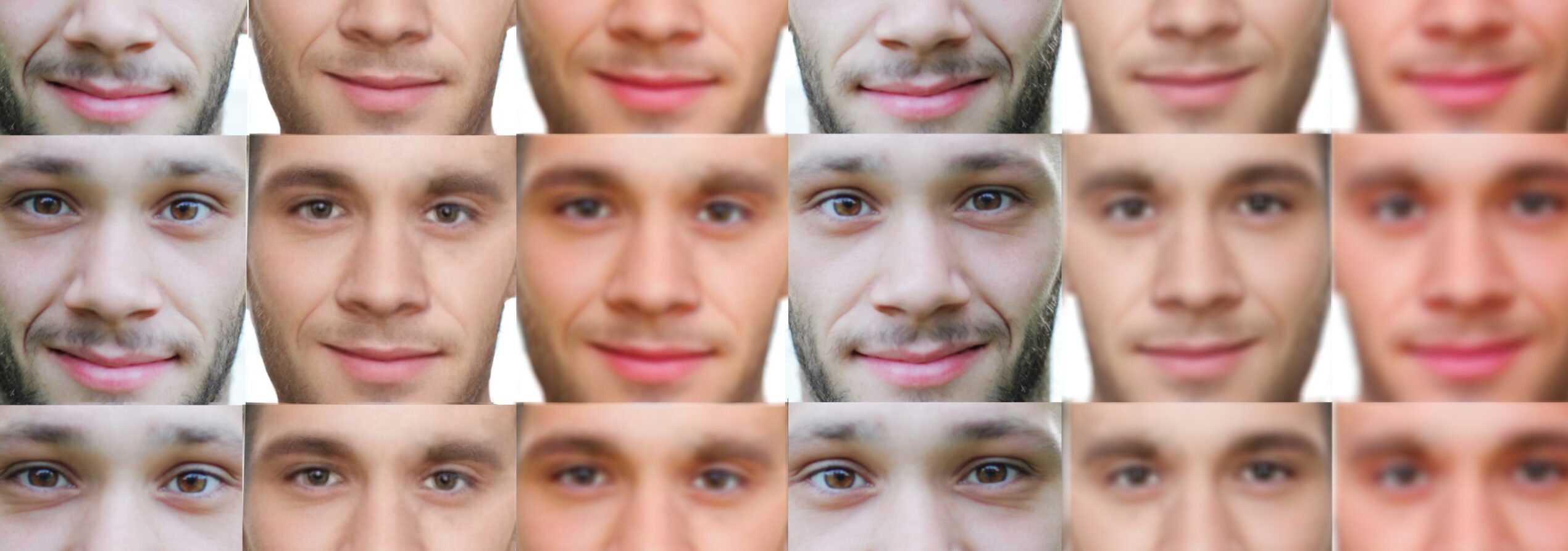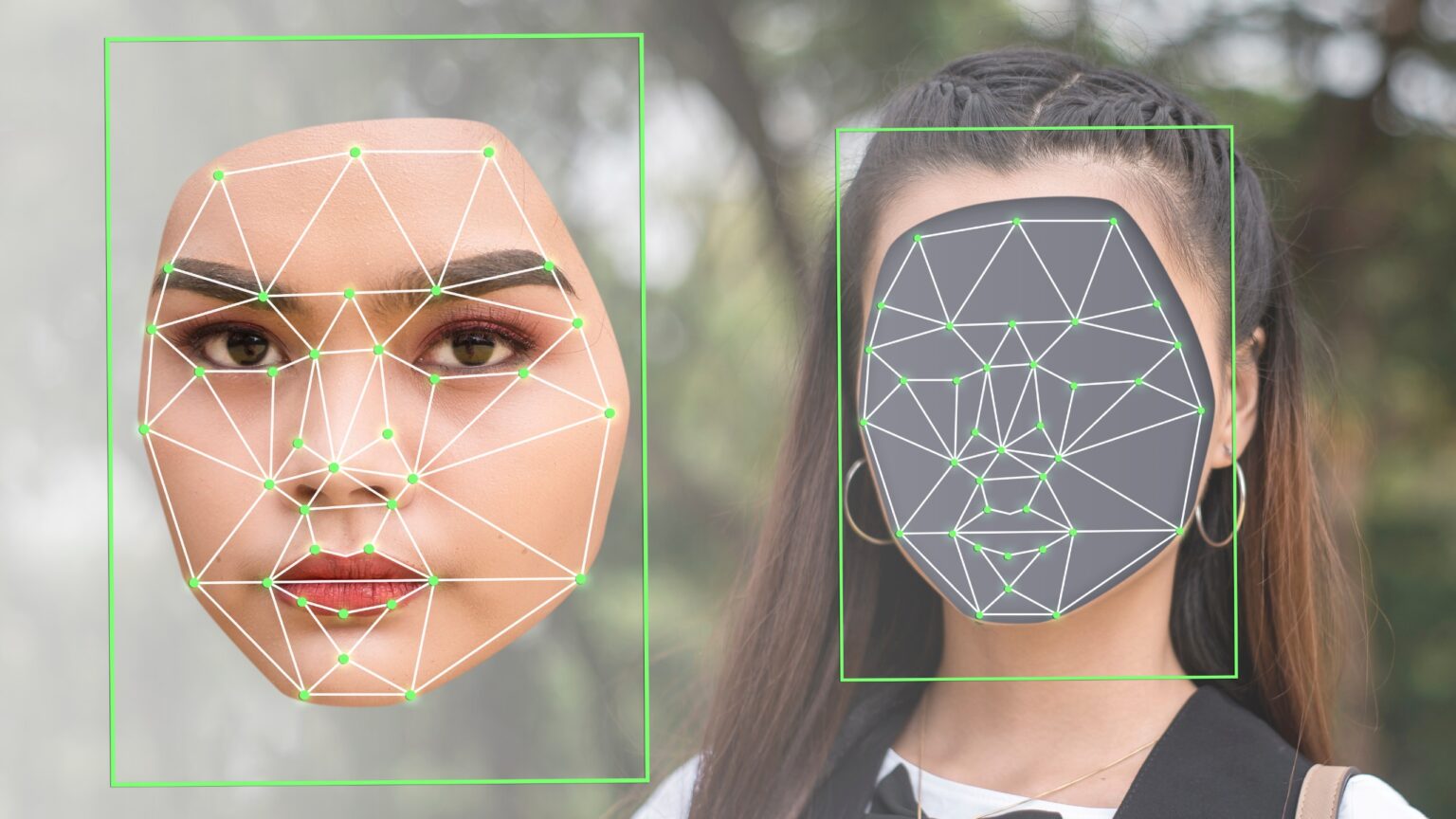China is set to introduce new laws in January that will tackle deepfakes as well as stop the spread of fabricated media.
Also read: Under Fire FBI Recommends Installing Ad Blockers
The country’s cyberspace regulator – Cyberspace Administrator of China (CAC) says the rules will take effect Jan. 10, next year.
The move, according to the CAC seeks to curb the risks that may arise from use of virtual reality to alter images and videos online as well as promote the industry’s healthy development.
Deepfakes are altered photos, videos and still images that use Artificial Intelligence (AI) to appear real.
They are hard to detect although Facebook researchers say they have developed AI that can identify them and their origin from using reverse engineering.
Intel’s FakeCatcher is another technology developed to detect deepfakes with a 96% accuracy rate.
China and its anti deepfakes law
Among the key provisions of the regulation are that users must consent if their image is to be used in any deep synthesis technology and prohibits deep synthesis services from using technology to disseminate fake news.
The regulation also stipulates that deepfake services need to authenticate the real identity of users.
Additionally, synthetic content must have a notification of some kind to inform users that the image of video has been altered with technology.
According to the new regulation, content that goes against laws prohibited, as content that endangers national security and interests, damages the national image or disrupts the economy.

Move to restrict online content
Experts say the move may be aimed at gagging online content creators who may be against the government or pose national security risks.
“Chinese authorities are clearly eager to crackdown on the ability of anti-regime elements to use deepfakes of senior leaders, including Xi Jinping, to spread anti-regime statement,” Paul Triolo, the technology policy lead at consulting firm Albright Stonebridge, told CNBC.
The CAC has since 2020 come up with various regulations ahead of other countries in their tech rules ranging from antitrust to data protection.
“But the rules also illustrate that Chinese authorities are attempting to tackle tough online content issues in ways few other countries are doing, seeking to get ahead of the curve as new technologies such as AI-generated content start to proliferate online,” adds Triolo.
Worrisome deepfake trend
There are concerns deepfake production will become more sophisticated in the future with advancements in technology across the globe. This will pose a threat to the public as they may be used by malicious individuals for misinformation especially during election period.
Former United States Presidents Barack Obama and Donald Trump have been used in altered videos to spread misinformation.
The state of California last year introduced laws that prohibit creation and distribution of deepfakes of politicians within 60 days of an election.
However, deepfake software is also used for entertainment purposes in the movie industry which is why it may be difficult to outlaw its creation.









 and then
and then